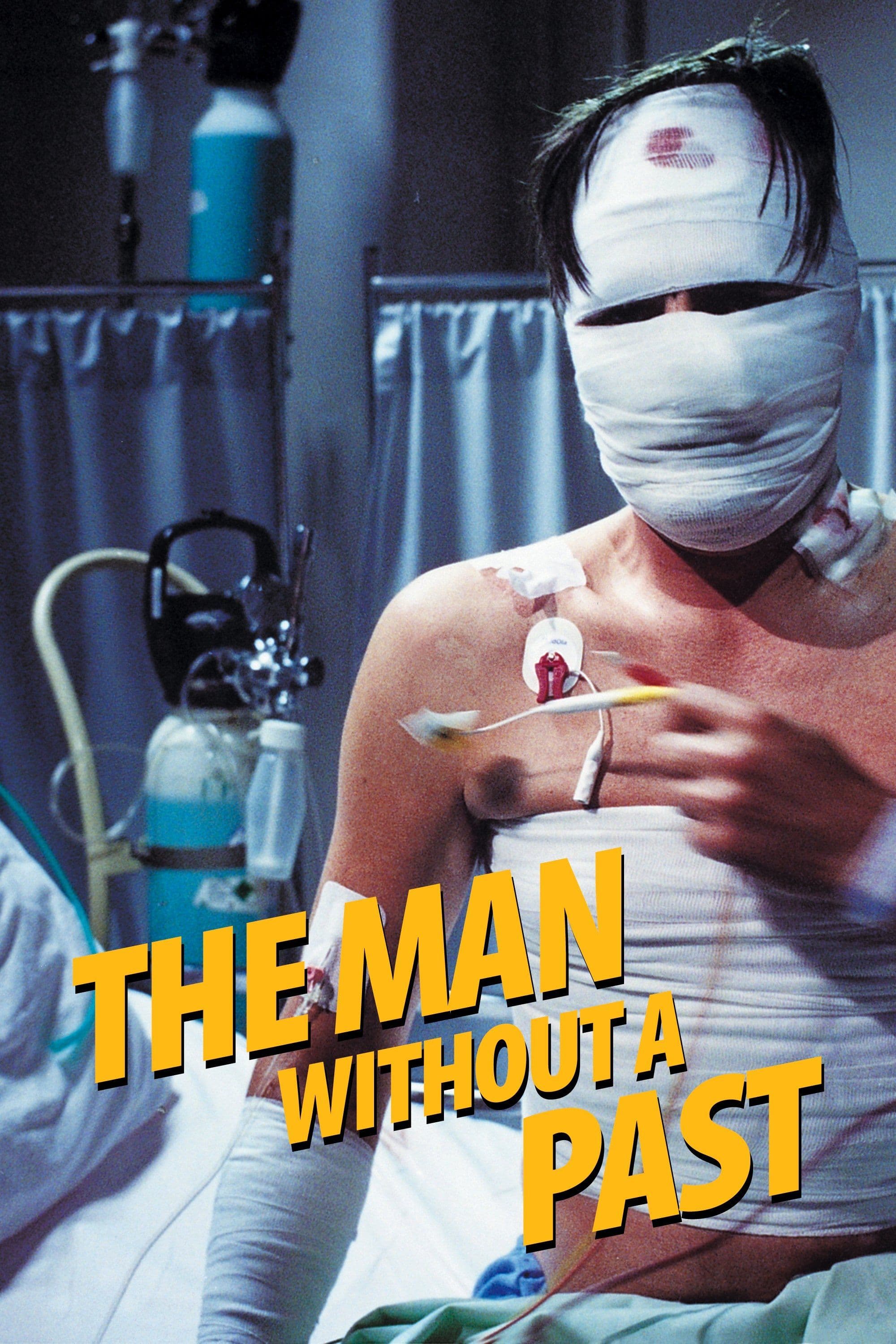
The Man Without a Past
2002
Rate this movie
Average: 0.00 / 5
(0 votes)
Director
Aki Kaurismäki, a Finnish director of remarkable talent, writes and directs a story about human identity. But his stylistic uniqueness transcends mere narration: Kaurismäki is a master of minimalism, of melancholy infused with a deadpan humor that subtly emerges from the folds of everyday life. His is a "tragicomedy of existence" where the characters, often marginalized or invisible on the fringes of society, face the absurdity of life with stoic dignity and poignant resilience. His aesthetic, which could be defined as "visual pauperism," with muted colors, fixed shots, and sparse dialogue, is a programmatic declaration that clearly distinguishes him from more mainstream cinema, lending his works an almost modern parable-like resonance.
What would happen if a man's past were suddenly wiped clean, placing him in a new social context? In this film, the director tackles the Gordian knot of memory and identity, doing so with a story of great narrative depth. The theme of amnesia, often used as a narrative device for psychological thrillers or melodramas (consider Nolan's Memento or, in a more romantic vein, Eternal Sunshine of the Spotless Mind), is here deconstructed and reassembled by Kaurismäki with an almost Bressonian purity. It is not so much a mystery to be solved or a love to be rediscovered, but rather a profound philosophical inquiry: does our identity reside in our memories or is it a fluid construct, shaped by present and future interactions? The film suggests that oblivion, however traumatic, can paradoxically free the individual from the prison of their past self, offering the possibility of an authentic rebirth, an existential tabula rasa.
A man is attacked at Helsinki station, where he has just arrived. He is robbed and ferociously beaten, to the extent that he is left for dead in the hospital. The man escapes from the hospital with no memory of himself or his past. He wanders aimlessly until he meets a woman who gives him back a life and an emotional dimension. This wandering leads him into the lowest and most forgotten strata of Finnish society: container neighborhoods, soup kitchens, makeshift lodgings, smoky cafés where Finnish music and rock 'n' roll echo like a melancholic reverberation of lives lived and hopes lost. It is a parallel universe, often invisible, where bureaucracy appears obtuse and alienating, but where an extraordinary human solidarity manifests itself, an informal and highly dignified network of assistance among the "shipwrecked" of prosperity.
The man seems to adapt naturally to the new context where he gradually forges social and emotional bonds. It is almost a sociological experiment: the nameless man is filled with notions, affections, and experiences, like an empty vessel. Kaurismäki, meanwhile, observes his experiment with an icy scientific rigor. This "icy scientific rigor" is not coldness, but rather an almost clinical precision in documenting the re-formation of an individual. The protagonist, M (played by the iconic Markku Peltola), becomes an archetype of the man stripped of everything, forced to redefine himself through the eyes and actions of others. The encounter with Irma (Kaurismäki's muse, Kati Outinen), a Salvation Army worker, is not a Hollywood-style "love at first sight," but a slow and silent recognition, an affection that grows through shared daily life and mutual understanding. Their relationship, made of measured gestures and intense gazes, of eloquent silences more than words, embodies the human capacity to find warmth and purpose even in the desert of existence. It is a love of disarming delicacy and honesty, which restores to M not only an emotional dimension, but a very reason for "being," an anchor in the present.
Kaurismäki's direction utilizes fixed and almost painterly shots, reminiscent of an Ozu's rigorous composition, but set in a Scandinavian context. Every scene is calibrated; every object, however modest, takes on meaning. The faces, the contained yet profound expressions of his actors, communicate more than lengthy dialogues. The use of music, often live, with bands playing Finnish tango or primordial rock 'n' roll, punctuates the narration, providing emotional commentary without ever verging on the sentimental. It is a film that, in its essentiality, finds a universal resonance, celebrating the resilience of the human spirit and the redemptive power of solidarity. In a world dominated by frenzy and superficiality, Kaurismäki invites us to slow down, to observe the ordinary with an extraordinary gaze, to find beauty and meaning in simplicity, in unexpected kindness.
A fascinating work where the search for one's past coincides with the alienation of the metropolis, with the dispersal of affections, and with the lack of any point of reference. But, ultimately, the film overturns this premise: the initial alienation transforms into a serendipitous discovery of community, the dispersal gives way to new affections, and the lack of references leads to the creation of a new, solid existential foundation. The Man Without a Past (original title Mies vailla menneisyyttä) is not just the story of a man who loses his memory, but a powerful affirmation that identity is not an immutable given, but rather a continuous construction, nourished by human relationships and the capacity for reinvention. The film, awarded the Grand Prix at the Cannes Film Festival in 2002, remains a jewel of contemporary cinema, a quiet and profound hymn to the dignity and hope that can flourish even in the desert of memory.
Main Actors
Gallery
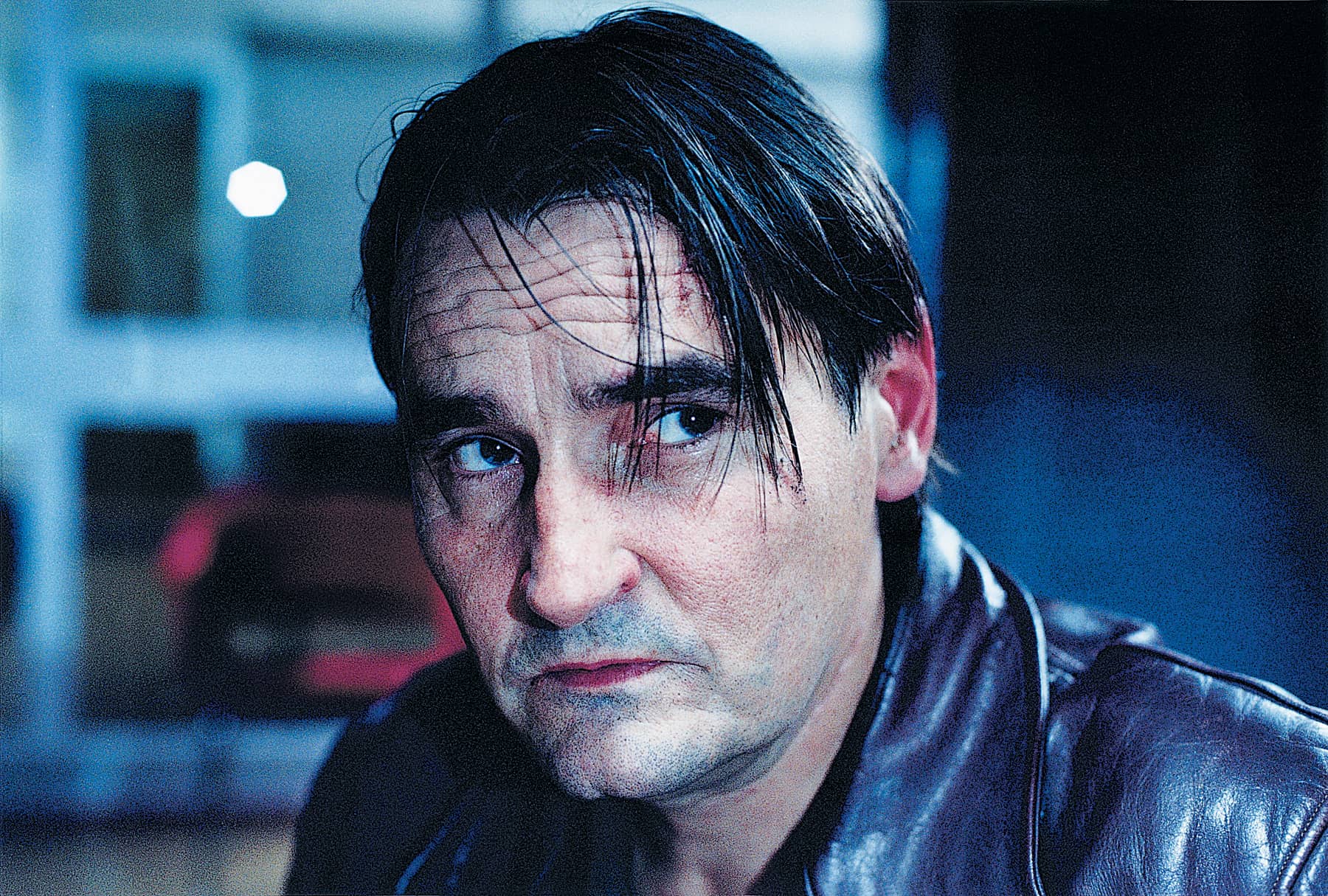
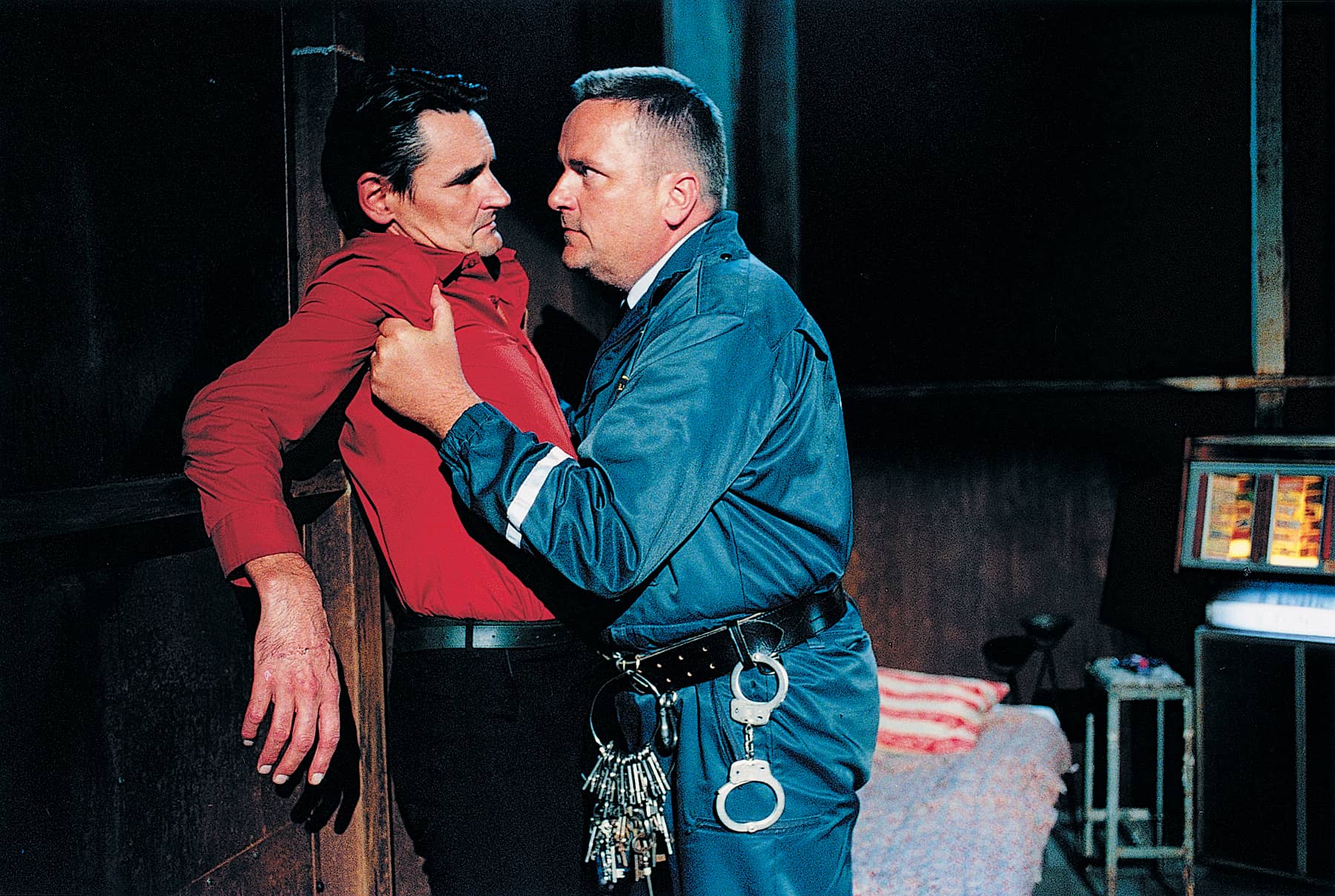
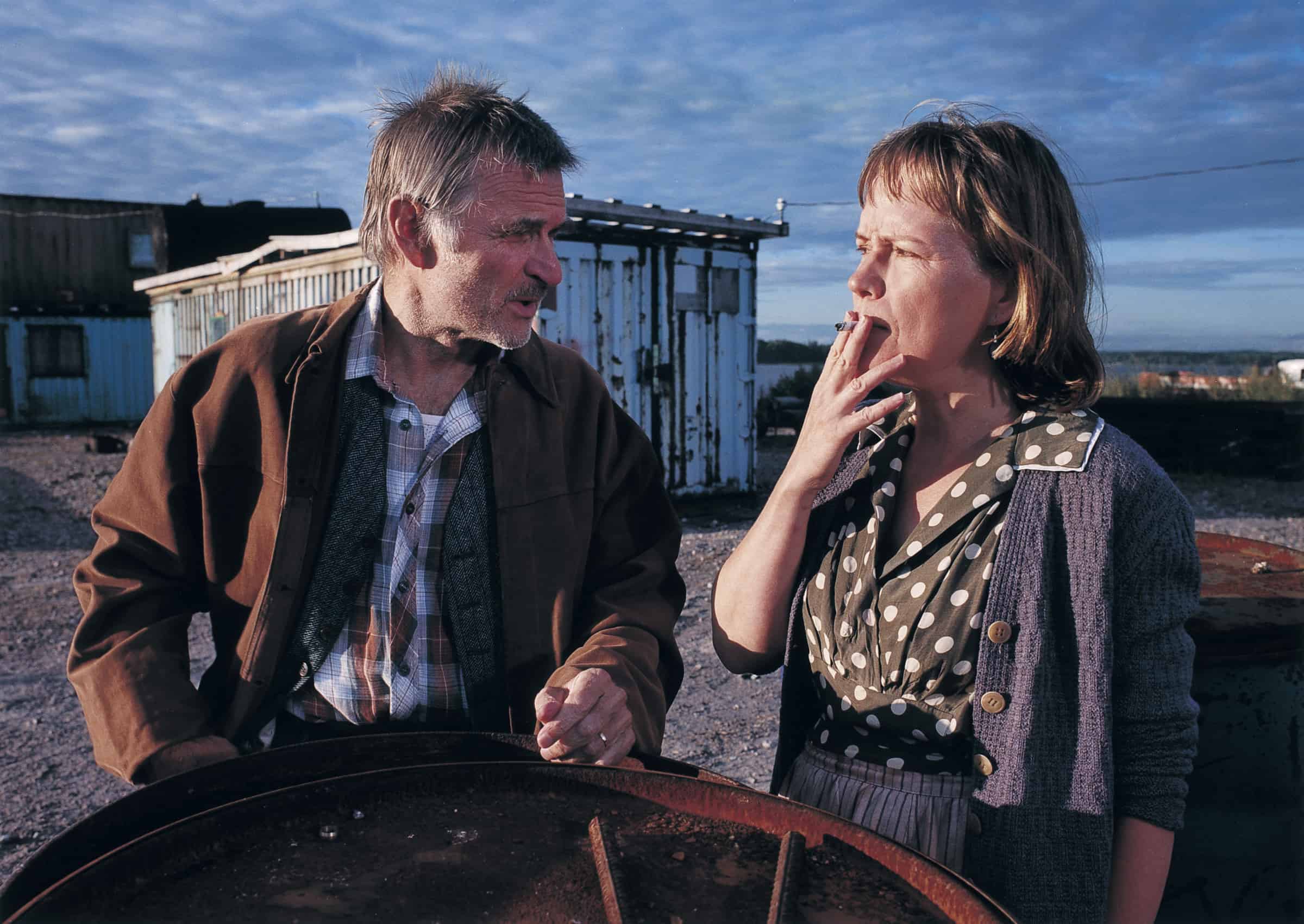

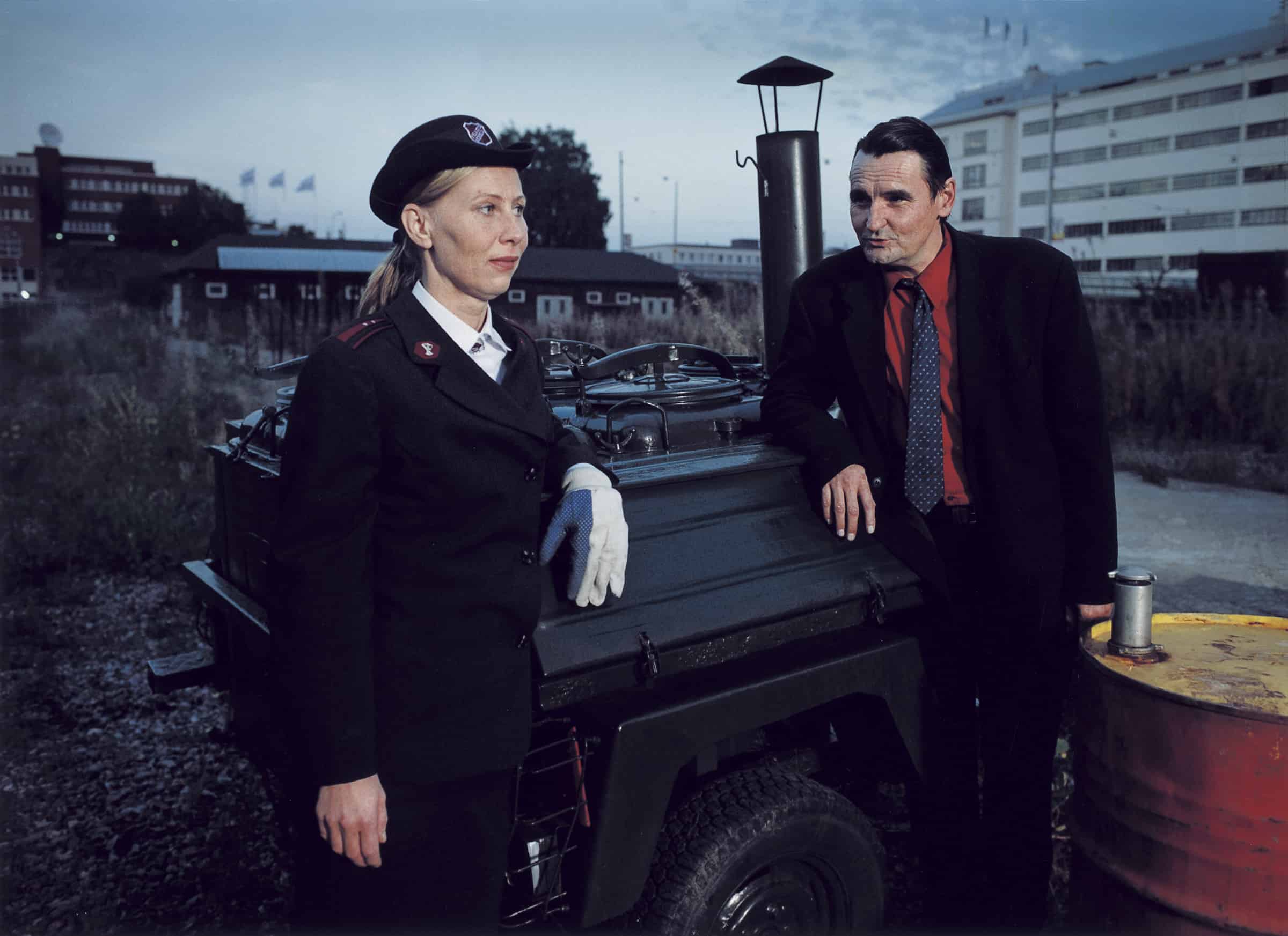
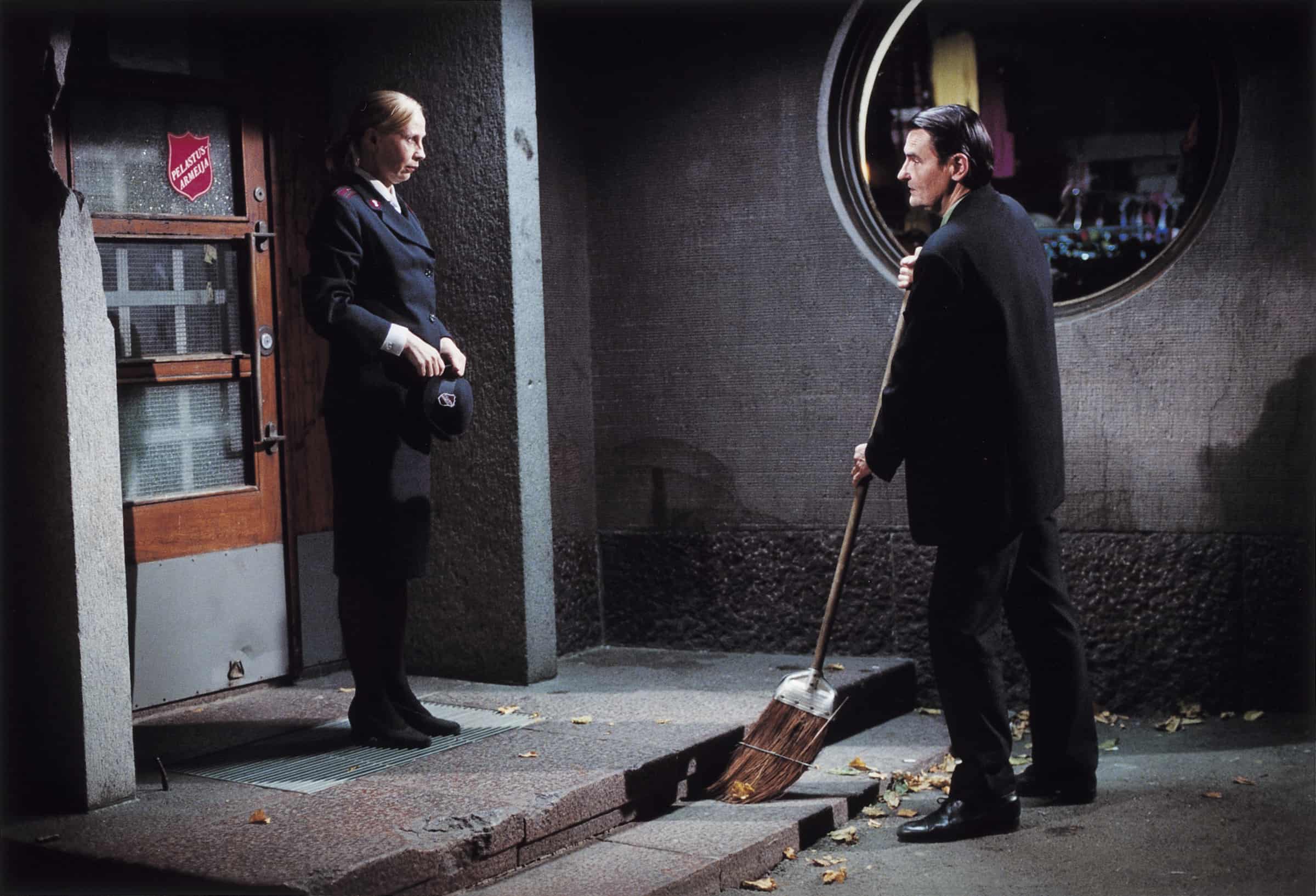
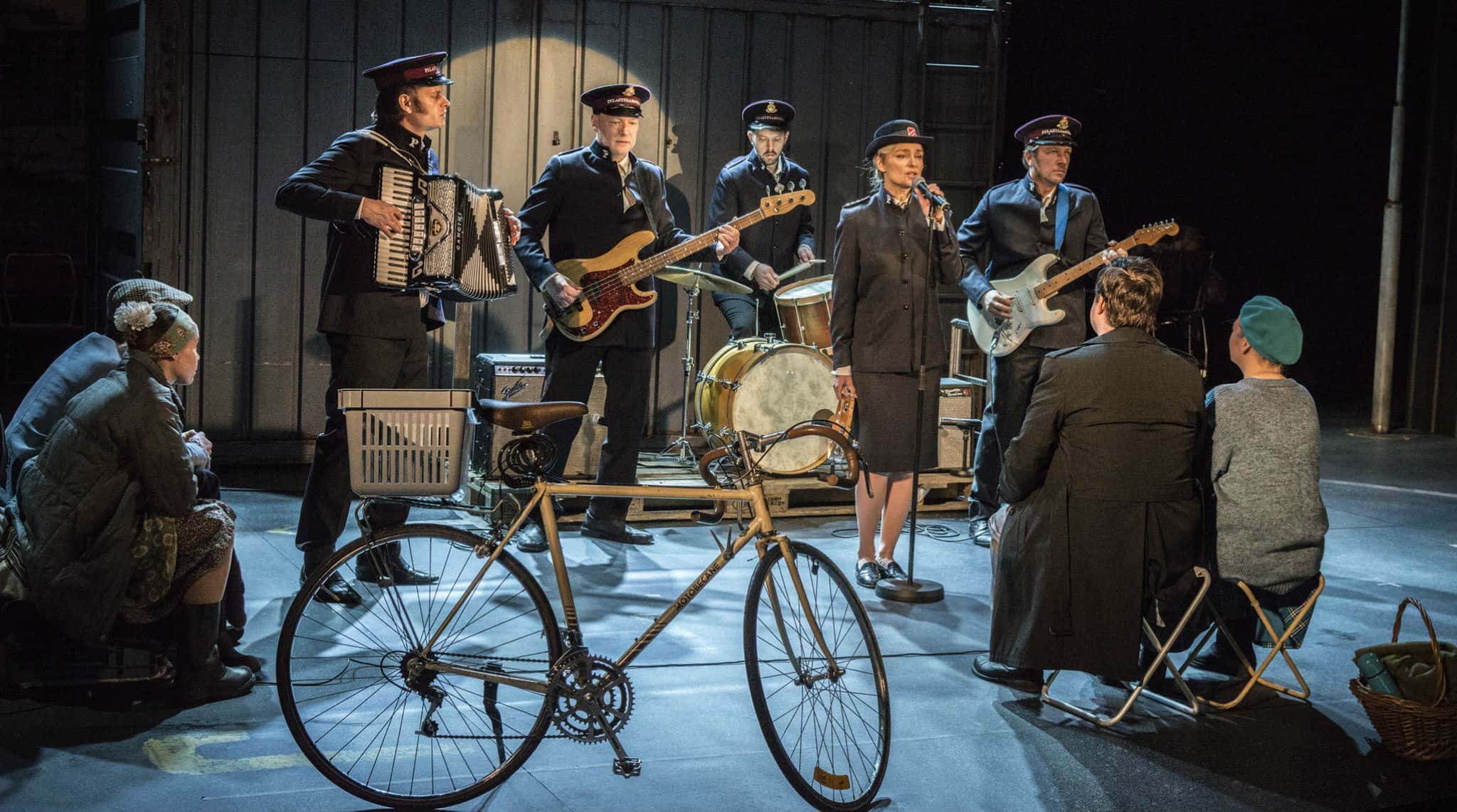
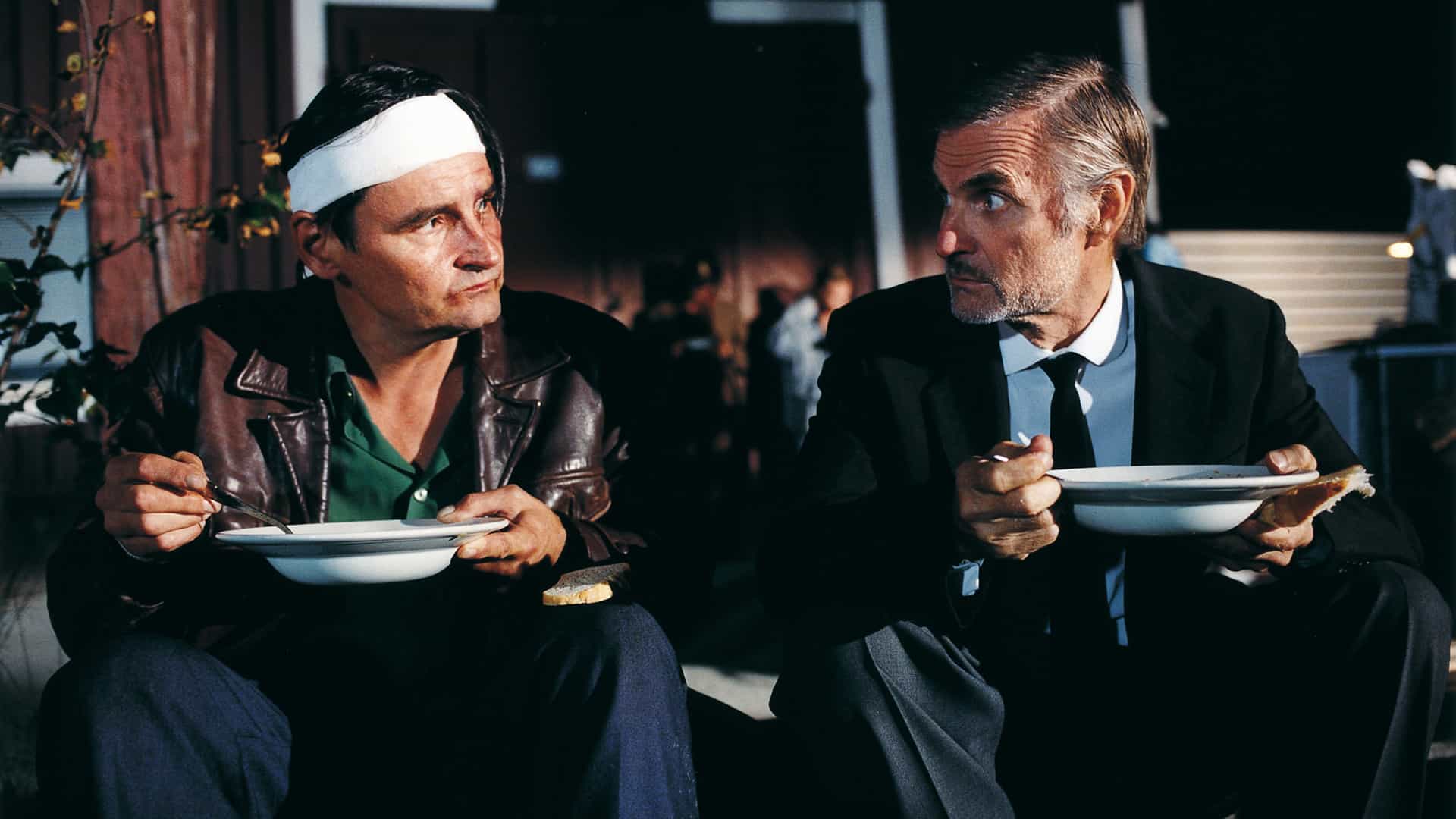
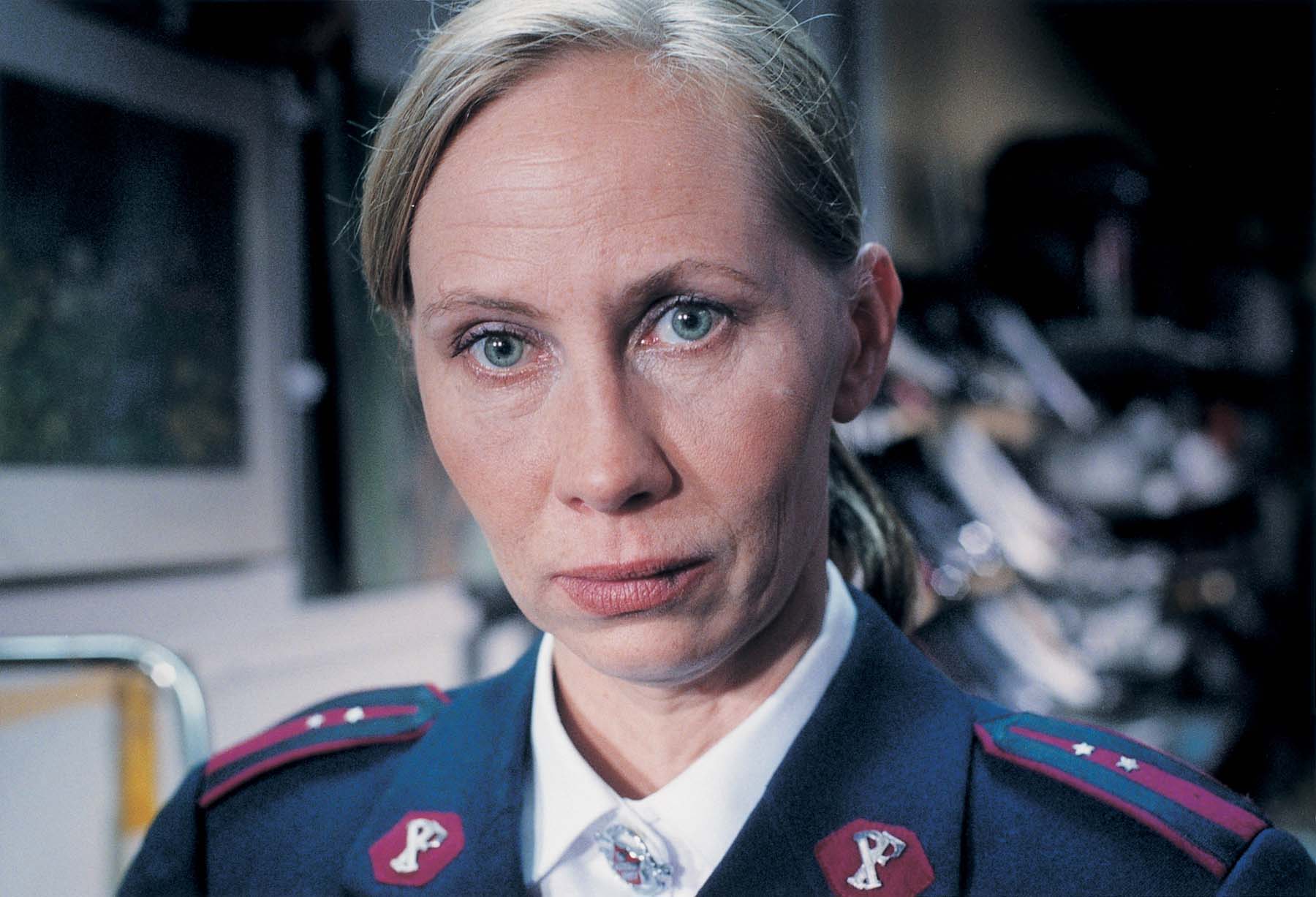
Featured Videos
Official Trailer
Comments
Loading comments...